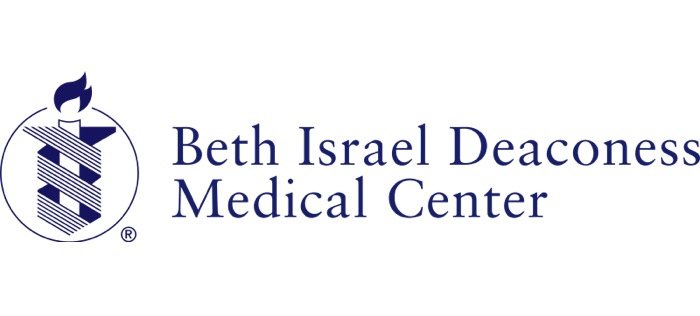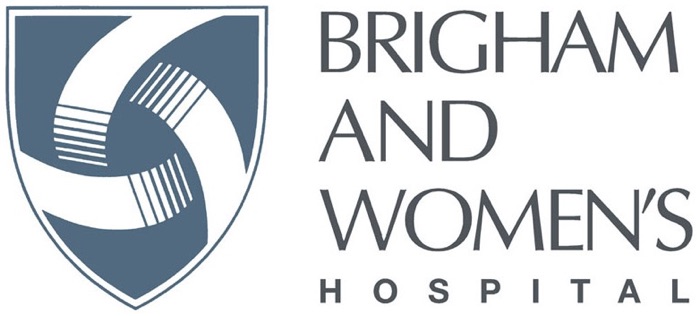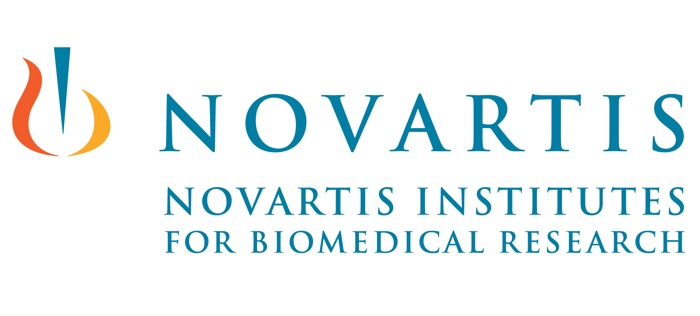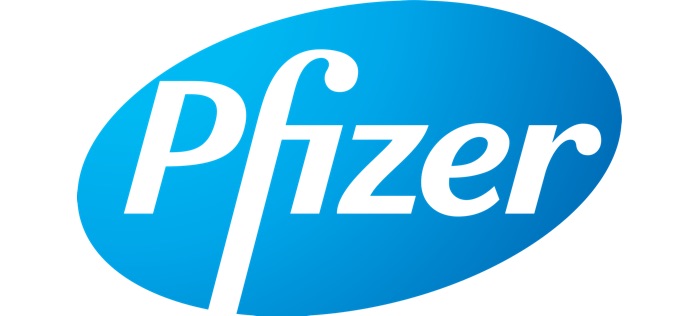YOU ARE BOUVÉ

Co-ops are traditionally a period of time when students are not enrolled in class. Internships are work experiences that take place during class semesters. Most Pharmaceutical Sciences students participate in Internships because they are attending school full-time.
Northeastern University is number one in the US News and World Report ranking of colleges that offer experiential education. The School of Pharmacy’s Professional Science Master’s (PSM) programs capitalize on Northeastern’s location among the many research hospitals and pharmaceutical and biotechnology companies in the Boston area to provide real-world learning opportunities for students.
During their first year, students gain valuable hands-on experience through lab courses. Many students also work in on-site laboratories with Northeastern’s world-renowned pharmaceutical research faculty.
These experiences prepare students well to launch into the professional world as early as the summer of their first year. During that summer and the following two semesters, students enrolled full-time and in good academic standing, can participate in experiential education. The evening curriculum provides ample flexibility in the timing of co-ops and internships.
In some cases, co-ops lead to permanent positions post-graduation. International students are able to participate in co-op through the Curriculum Practical Training (CPT) program offered by Northeastern University as part of the Pharmacy Internship course offered every semester.
An experienced co-op coordinator guides students in assessing their career goals and finding the best working environment to work toward those goals.
Students are not guaranteed a paid experience, but every effort is made to connect them to employers in their area of interest.
In addition to the optional Professional Development course, workshops are offered on a regular basis to educate students on topics such as:




